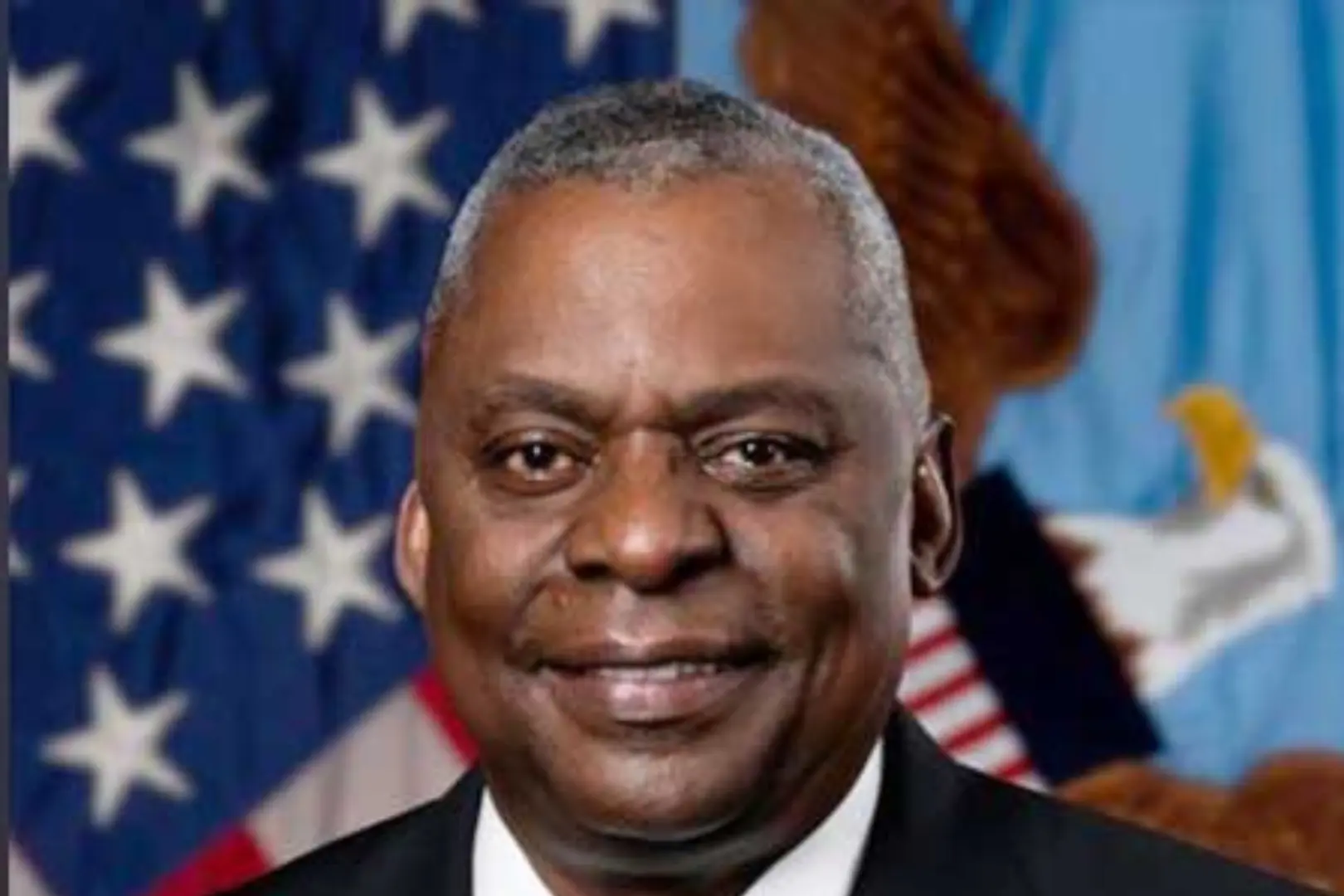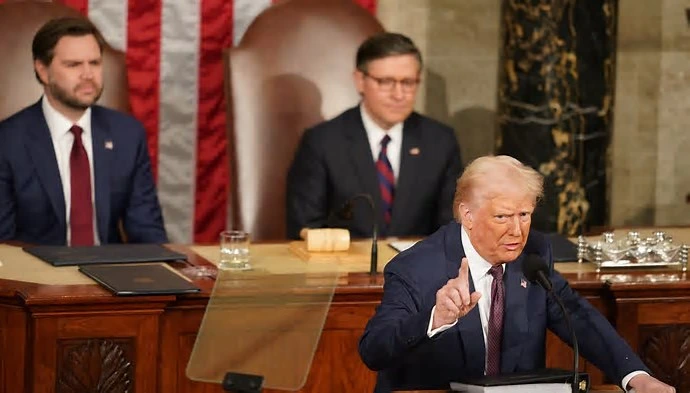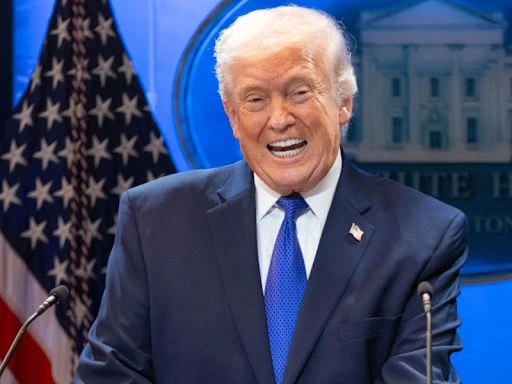18-Jan-2025, 12:48 PM
In a farewell address delivered on January 18, 2025, outgoing U.S. Defense Secretary Lloyd Austin emphasized the significant advancements made in the United States’ military posture in the Indo-Pacific region during his tenure. He underscored that these “sweeping upgrades” were pivotal in reinforcing alliances and enhancing regional security amid rising geopolitical tensions.
Austin noted that under the Biden administration, the U.S. has transformed its approach to defense in the Indo-Pacific, focusing on a more mobile, distributed, and resilient military presence. This shift is designed to better address the challenges posed by an increasingly assertive China and to ensure a free and open Indo-Pacific. He highlighted the importance of partnerships with allies such as Japan, Australia, and India, stating that these relationships are essential for maintaining stability and deterring aggression in the region.
During his address, Austin pointed out that the U.S. has ramped up joint military exercises and increased the frequency of deployments in critical areas like the South China Sea and the Taiwan Strait. These actions are part of a broader strategy to enhance deterrence capabilities and demonstrate commitment to regional allies. He remarked on the “new convergence” among Indo-Pacific nations regarding security cooperation, which reflects a shared understanding of mutual threats and the necessity of collaboration.
Austin’s remarks also touched upon ongoing efforts to modernize military capabilities in partnership with allies. For instance, he mentioned Japan’s development of its first-ever Joint Operations Center, aiming for operational integration with U.S. forces. This initiative signifies a deeper level of military cooperation that enhances both nations’ readiness to respond to potential crises.
Furthermore, Austin reiterated that these upgrades are not about imposing U.S. will but rather about fostering a cooperative security environment based on respect for international norms. He expressed gratitude for the support from Congress and allies that facilitated these advancements.
As he concluded his tenure as Defense Secretary, Austin’s reflections serve as a testament to the strategic shifts that have taken place in U.S. defense policy towards the Indo-Pacific. His leadership has been marked by a commitment to strengthening alliances and ensuring that the U.S. remains a pivotal player in promoting peace and security in this vital region of the world.





